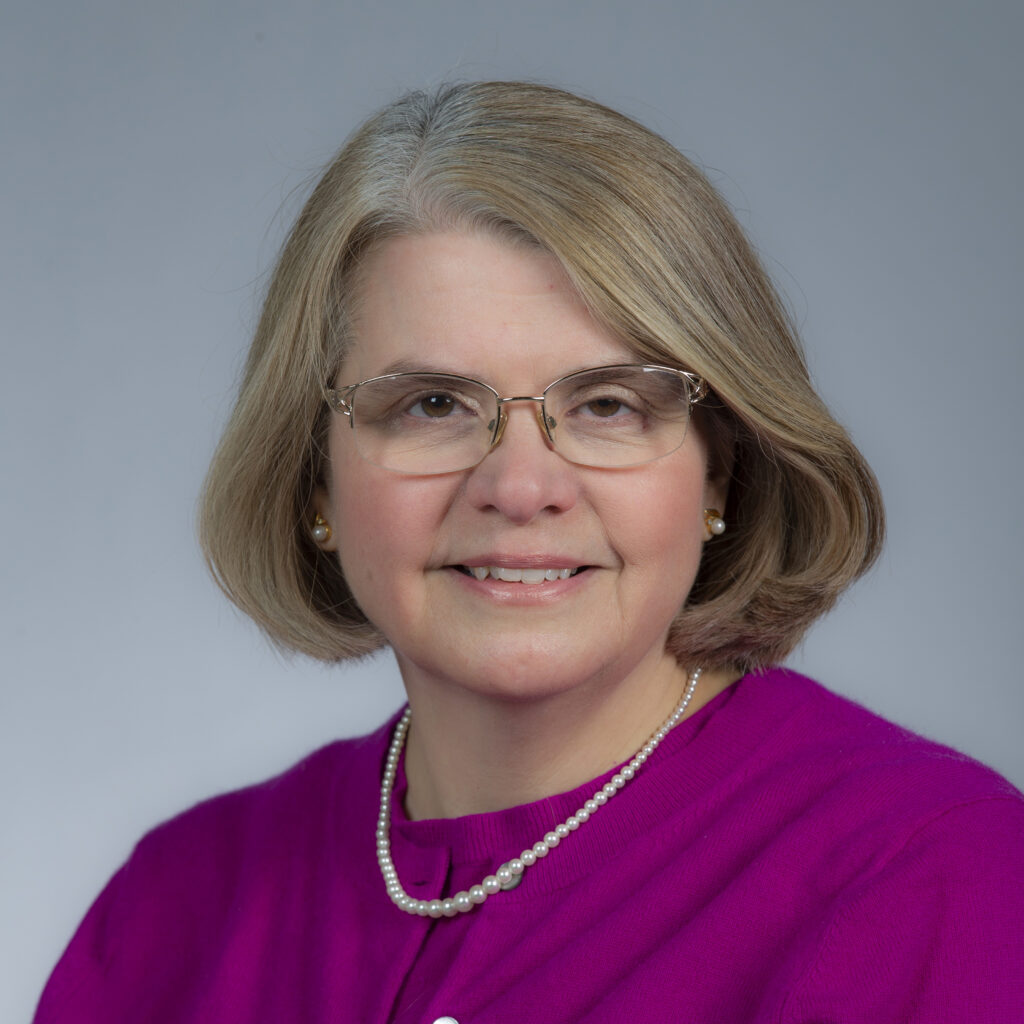Editor’s note: To usher in the new year, we asked more than a dozen women who live across the state to write about their hopes, dreams, and things to keep in mind for women’s advancement and gender equity. Read the full collection of columns here.
By Karen M. Kedrowski

In 2023, a record number of women will serve in the U.S. Congress (149, or 27.9%), as governors (12 of 50), and in state legislatures (32.3%). In 2022, Iowa had five women running for the U.S. House, two women running for governor, and elected its second female attorney general.
Women will make up about a third of Iowa’s General Assembly and an all-women team will lead the Democrats in the Iowa House of Representatives. Even with these historic gains, women, who are a majority of voters, are still woefully underrepresented as elected officials.
This is not because women aren’t qualified for public office or that they can’t win. They are and they do. Rather, women don’t run. In addition to caregiving responsibilities, which are very real, many women do not run because they don’t see themselves as public officials.
When they do run, they are often motivated by an issue or a problem. This “ambition gender gap” is pervasive and has been documented as early as high school.
Even when women do decide to run, organizing a campaign can befuddle. Consequently, campaign training schools have cropped up nationwide to help women get started on their campaigns. The Catt Center offers a nonpartisan version, Ready to Run, next scheduled for spring 2023.
Women in public office matter.
First, elected officials are role models for others, including children.
Second, a government that reflects its population enhances its legitimacy. Citizens, especially from underrepresented groups, have more trust in government if they see themselves reflected among the decision-makers.
Third, women bring up different issues than men, literally expanding or redefining the scope of government.
Finally, numerous studies in business find that diverse groups are actually more productive. They reach creative decisions faster than homogenous groups.
In short, when women run, women win. And we as a society need women to run and serve. Women have perspectives, experience, intelligence and creativity – all qualities we want in our officeholders.
Karen M. Kedrowski is director of the Carrie Chapman Catt Center for Women and Politics at Iowa State University. She thanks Kathryn Burns and Carrie Ann Johnson for their research assistance.


